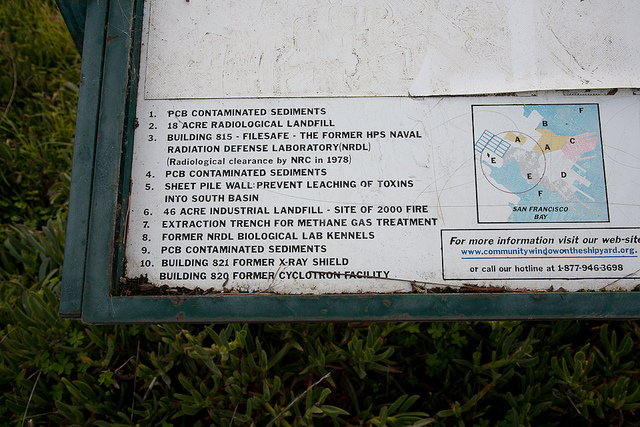Environment
A (Relatively) Steady Breeze Lifts Wind Power Worldwide
|
From the American heartland to China and Latin America, wind energy is becoming an increasing popular alternative energy source — though questions remain about environmental impacts. The Fort Worth Business Press reports that Texas outranks all other states in the number of wind farms it operates. Iowa, where President Barack Obama made a symbolic visit April 22 to commemorate Earth Day, ranks second. In Ohio, the municipality of Avon Lake is the latest in the region to consider local initiatives to harness the breezes coming off nearby Lake Eerie. The American Wind Energy Association said U.S. wind-power capacity increased by 50 percent in 2008, edging out Germany as the world leader in the field.


